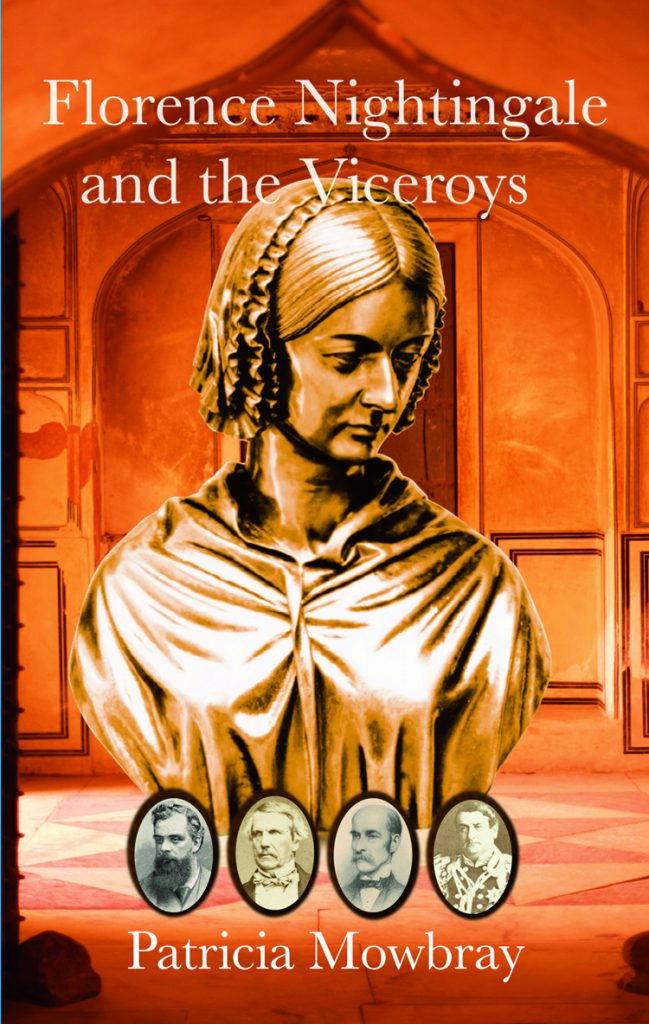‘… She had gained her independence, though it was in a meagre sphere enough; and her mother was still not quite resigned: surely Florence might at least spend the summer in the country. At times, indeed, among hr intimates, Mrs Nightingale almost wept. “We are ducks,” she said with tears in her eyes, “who have hatched a wild swan.” But the poor lady was wrong; it was not a swan they had hatched, it was an eagle.’
Lytton Strachey, Eminent Victorians
Florence Nightingale’s legendary nursing service in the Crimean war brought her fame and power, but relates to just two years out of a life of ninety years.
This study reveals an aspect of her life that has been largely overlooked, namely her profound influence on the health and welfare of the Indian people during the latter half of the nineteenth century.
Florence Nightingale’s comprehensive statistical survey of conditions in the military barracks in India revealed a pressing need for improved sanitation, drainage and pure water – not only in the soldiers’ overcrowded quarters, but in the villages and bazaars in close proximity to the barracks, and further afield in the teeming cities of the subcontinent.
She enlisted the help of many prominent men as her ‘sanitarians’, but much of the improvement in medical and public health services in India during the ‘Imperial Heyday’ of the Raj can be traced to her close, if sometimes challenging, relationship with a series of Viceroys from Lord Canning in 1858 to Lord Elgin in 1898.
This biography relates the trials and triumphs of Florence Nightingale’s last great humanitarian campaign.
PATRICIA MOWBRAY studied Art History at the University of London before working for the celebrated architect Eugene Rosenberg. She was appointed Art Historian to the Special Trustees of St Thomas’ Hospital and went on to act as co-ordinator for the Florence Nightingale Museum which opened in 1989.
| Authors | |
|---|---|
| Format | |
| Category | |
| Published Date | |
| ISBN | 9781905791231 |
| Pages | 228 |

£20.00